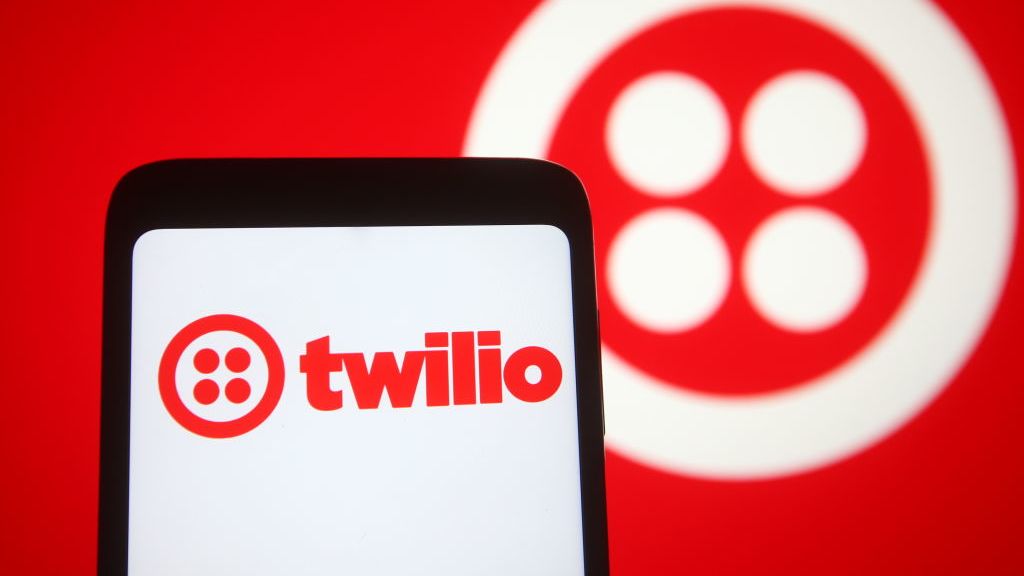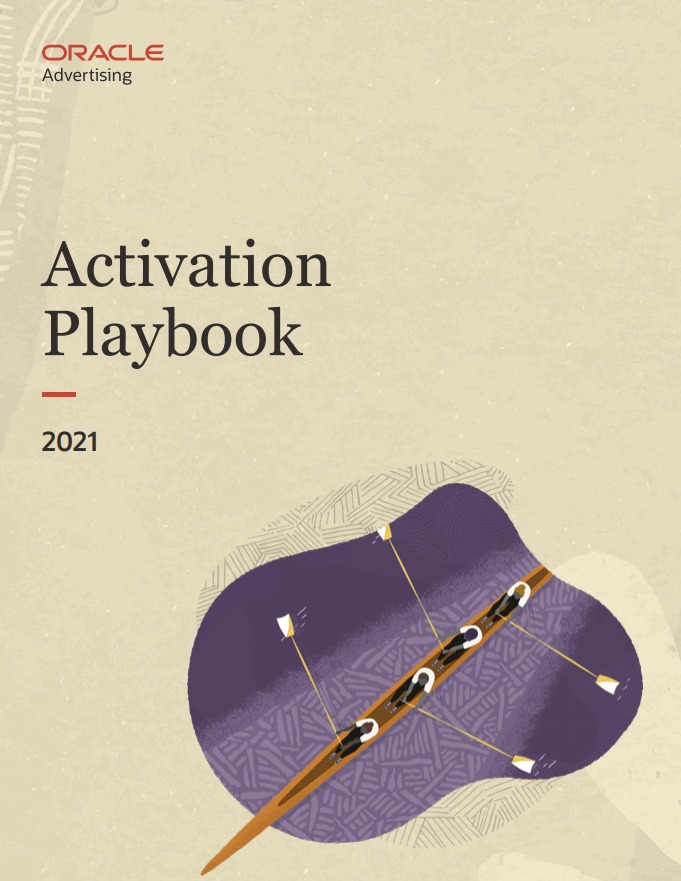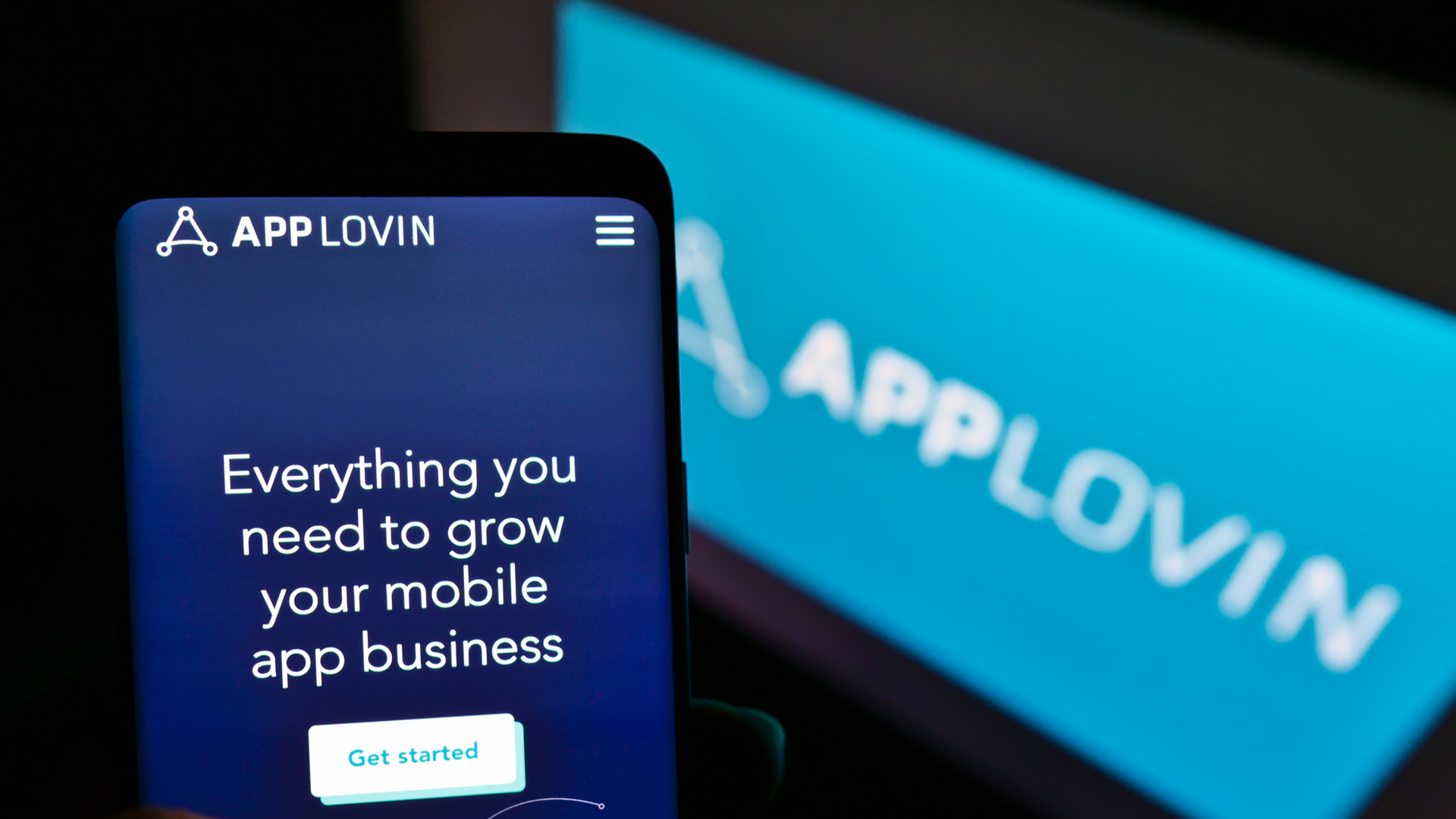CMO job description: What does a chief marketing officer do?
A modern CMO needs to be far more than just a marketing guru - they need to have a firm grasp of the latest technology

Similar to other executive-level manager positions within a company, a chief marketing officer’s (CMO) role is much more complex than the title suggests. You’ll find that modern CMO’s have a prominent role in ensuring that their company carries out digital transformation, although it’s fair to say that the role pivots around finding ways to market the organisation too.
It’s often becoming the norm for CMOs to be pragmatic and agile in the modern era’s rapidly changing technology landscape, and they need to have the skills to be able to discover emerging trends in customer behaviour in order to help the company. This has seen the role evolve away from its traditional responsibilities of simply understanding how to market their company to customers most effectively. Overall, you’ll want to ensure your customers are provided with the best possible experience and, as you might have guessed, that usually involves some form of technology.
It can sometimes be a challenging task to ensure your customer is at the centre of your organisation’s digital strategy, especially for companies that have traditionally isolated their IT departments. For CMOs who are looking to embrace technology, they’ll have to make sure that various stakeholders work together, from IT, marketing, and sales, to provide customers with the right services.
Similar to other high level executive roles like chief information officers, CMOs are usually only hired by big businesses who have the money to spend on a marketing strategist. When it comes to smaller companies, the position doesn’t usually only belong to one person - it’s normally split across a number of different department heads or amalgamated into other roles. Despite this, the main functions of a CMO are still performed, it’s just the role is shared between different people.
What does a CMO do?
A CMO is the person who manages the strategies for business transformation. They will work with others in the organisation to roll out these ideas and is primarily responsible for measuring how everyone - customers, partners, employees - perceive the company.
Their role covers marketing, PR and internal comms, executing customer experience campaigns to measure sentiment and then the strategies to change any negative attention.
The CMO will make sure the messaging is consistent across the entire organisation, so whether interacting with the brand online, in print or on broadcast media, the same messages are communicated.
Get the ITPro daily newsletter
Sign up today and you will receive a free copy of our Future Focus 2025 report - the leading guidance on AI, cybersecurity and other IT challenges as per 700+ senior executives
Social media and digital media have changed marketing as a whole, meaning customers can easily provide feedback to businesses in real time, for all to see - most often in the form of complaints on Twitter. This makes any marketer or customer service personnel's role more challenging, and is one thing a CMO must carefully consider.
What is the difference between a CMO and CIO?
In addition to being responsible for all marketing efforts within an organisation, CMOs are now increasingly the ones driving a move to cloud computing internally.
Indeed, analyst firm Gartner has even found that CMOs have made the shift from digital-first to hybrid multichannel strategies. The firm asked CMOs to report the proportion of their 2022 budget allocated to online and offline channels, and found that online channels take the largest share at 56%. Offline channels, however, account for 44% of the total available budget, which Gartner called a more equitable split than in recent years.
RELATED RESOURCE

Organisations accelerating their digital workplace achieve improvements
See the biggest return on device investments
Businesses live or die by their reputation and how they are perceived by consumers. As such, an organisation's success can be made or broken by the vision and actions - or lack thereof - of its CMO. Many businesses rely on a mixture of internal marketers and agencies, but the buck still stops with the CMO in signing off activity, so a lot of power and responsibility rests on their shoulders.
CMOs are also, indirectly, responsible for customer acquisition and retention. The right kind of marketing campaign can attract new customers to the business, but it's targeting and analytics of behaviour that will likely keep them loyal. As such, the CMO should work closely with the person in charge of the sales organisation to ensure marketing messages and the messages actually taken to market by personnel are in sync.
Furthermore, the CMO is expected to hold most of the power when it comes to implementing tools and processes that will drive real change in the business, such as a shift to digital or cloud computing.
So, it seems the CMO is someone other C-suite executives and line of business heads really want to get on side if they want to effect real change and digitally transform the way they work through technology.
What qualifications does a CMO need?
Most people working in marketing, particularly those in or heading to a marketing leadership role, have studied for professional qualifications to validate their real-world experience.
Accreditations from the Chartered Institute of Marketing (CIM) are probably the most widely recognised in the UK, but there are other qualifications that also demonstrate an individual's aptitude for the job.
How much does a CMO earn?
CMOs can expect to earn a more than decent salary, particularly if they pick a very specialised industry where marketing skills are even more in demand. The money on offer ranges from £54,000 to £152,000 with an average of £99,309, according to 2022 figures from Payscale.
Dale Walker is a contributor specializing in cybersecurity, data protection, and IT regulations. He was the former managing editor at ITPro, as well as its sibling sites CloudPro and ChannelPro. He spent a number of years reporting for ITPro from numerous domestic and international events, including IBM, Red Hat, Google, and has been a regular reporter for Microsoft's various yearly showcases, including Ignite.
-
 Bigger salaries, more burnout: Is the CISO role in crisis?
Bigger salaries, more burnout: Is the CISO role in crisis?In-depth CISOs are more stressed than ever before – but why is this and what can be done?
By Kate O'Flaherty Published
-
 Cheap cyber crime kits can be bought on the dark web for less than $25
Cheap cyber crime kits can be bought on the dark web for less than $25News Research from NordVPN shows phishing kits are now widely available on the dark web and via messaging apps like Telegram, and are often selling for less than $25.
By Emma Woollacott Published
-
 Marketing talent brain drain could stunt channel partner success
Marketing talent brain drain could stunt channel partner successNews Valuable partner marketing skills are at risk of being lost as the structure of channel marketing teams continues to shift, according to new research.
By Daniel Todd Published
-
 Automate personalization with AWS
Automate personalization with AWSWhitepaper How marketers can automate, deliver, and analyze billions of personalized messages and offers per day
By ITPro Published
-
 Schneider Electric unveils its first e-commerce partner program
Schneider Electric unveils its first e-commerce partner programNews Partners will be assigned a dedicated Schneider expert to aid strategy development
By Daniel Todd Published
-
 How digital marketing will evolve beyond social media
How digital marketing will evolve beyond social mediaIn-depth Twitter's ongoing destabilisation proves businesses can't rely on social media for digital marketing forever
By Elliot Mulley-Goodbarne Published
-
 Twilio tackles 'crucial' customer retention with trio of platform upgrades
Twilio tackles 'crucial' customer retention with trio of platform upgradesNews The company believes that retaining customers and maximising LTV is crucial in weathering the current macroeconomic headwinds
By Connor Jones Published
-
 Activation playbook: Deliver data that powers impactful, game-changing campaigns
Activation playbook: Deliver data that powers impactful, game-changing campaignsWhitepaper Bringing together data and technology to drive better business outcomes
By ITPro Published
-
 The digital marketer’s guide to contextual insights and trends
The digital marketer’s guide to contextual insights and trendsWhitepaper How to use contextual intelligence to uncover new insights and inform strategies
By ITPro Published
-
 Twitter sells mobile ad unit for triple its original value
Twitter sells mobile ad unit for triple its original valueNews The sale will allow the tech giant to focus on its plans of doubling its revenue in 2023 to $7.5 billion
By Sabina Weston Published